Do you wonder how to help your child stop overeating?
Have you ever wanted to say, I told you so! when you watched your child eat “too much?”
My oldest kiddo is definitely the most “into” food. He also has the biggest appetite. I remember one of the first times he told me he didn’t feel well because he ate too much ???
It was his first bbq chicken pizza. I had made it at home for lunch one day and he kept going back for more and more and then some more. Finally, he said, “Ugh! My stomach hurts!” ? He laid on the couch and after a bit felt better.
He’s also the one who, while we were camping, ate a lot of sweets one day while at the campsite ? and then walked to a little festival down the road and got shaved ice. It was add-your-own syrup shaved ice. And to say that he drenched it in sugar would be an understatement.
As we walked back, he was hunched over holding on to the stroller saying he didn’t feel well.
???? He’s also the same kid who skipped lunch on Thanksgiving day, then ate soo much fruit before the big dinner, that he missed the meal to lay down. He had gotten too hungry. And then, too full.
In all of these instances I wanted to say… I told you so!
But I refrained.
These were learning experiences. He learned what it felt like to eat too much and not feel well. The food was new, or a novelty, or he had gotten overly hungry and needed to fill back up. And for many of my clients, eating past fullness is a response to current or past food restriction.

overeat
If your child eats past fullness it might be because… they got too hungry, they feel restricted from certain foods, food felt like a novelty, they’re being “cut off” from eating, or because they really liked the food. It doesn’t mean they’re addicted or something’s wrong with them. ?
When we see a child eat “too much” we often get scared or think something’s wrong. Sometimes they do eat more because they simply have big appetites or are more interested in food. And sometimes they do it because eating is a response to a previous behavior or condition.
Regardless, it’s not something for us to step in and try to control.
If this is something you struggle with, try to respond with empathy and understanding, and support them in getting in touch with their body.
At the same time, I encourage you to be curious about the cause of eating past fullness. Is your child…
- getting overly hungry?
- feeling restricted from certain foods?
- viewing some foods as a novelty?
- fearing they’ll be “cut off”?
- really enjoying a (new) food?
You might check in and ask, could I be playing a role in their “overeating” behavior? ?
Remember, we’re feeding for the future. We want them to be able to make these decisions for themselves. We want to instill trust and competence, not shame or fear of food.
And if you could use more support with this, check out my online workshop: Stress Free Family Eating. “Overeating” is one of seven topics I cover, looking at the potential causes and then offering practical tools you can start applying immediately. It’s $29 and you can watch it (or just listen) over and over. You’ll also receive your downloadable handout with 10 principles to create less stress and more joy around food.
Thank you for joining me and letting me be a part of your journey in creating joyful eating for your family. I look forward to connecting with you soon!
P.S. For more on family feeding, join our Free facebook group: Joyful Eating for Your Family.
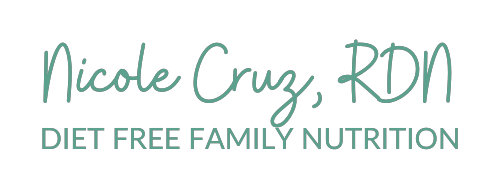


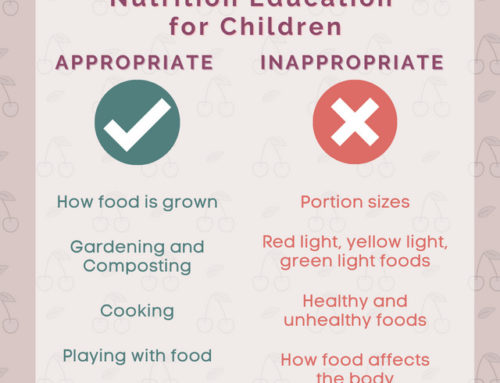
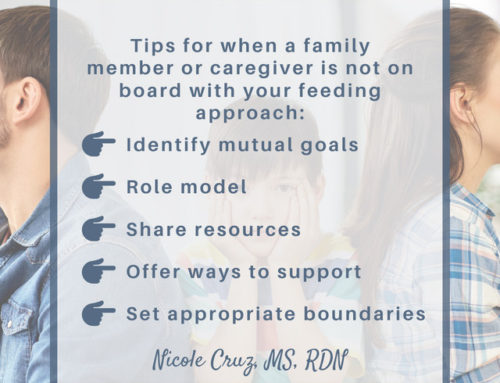
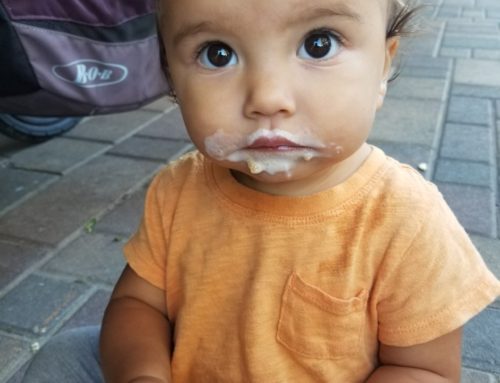
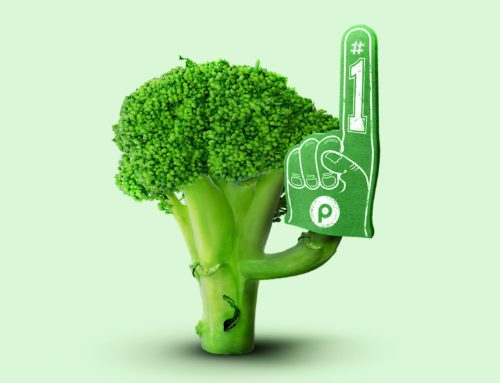
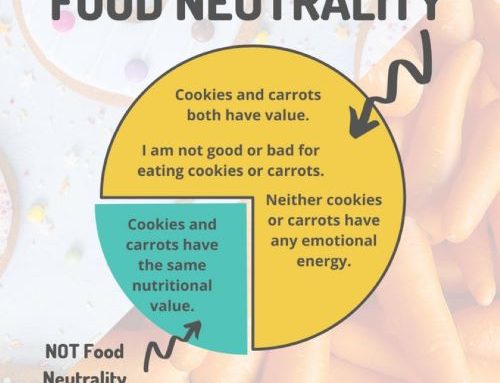
Leave A Comment